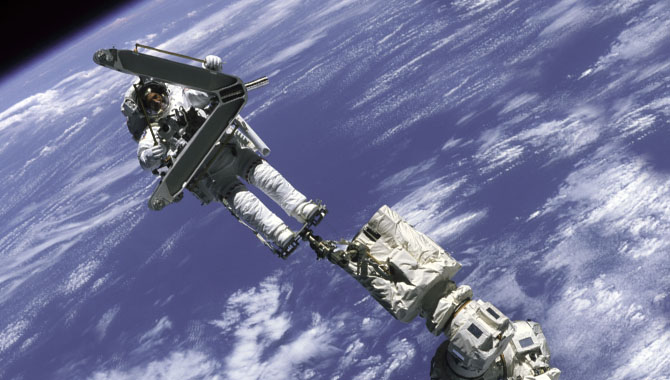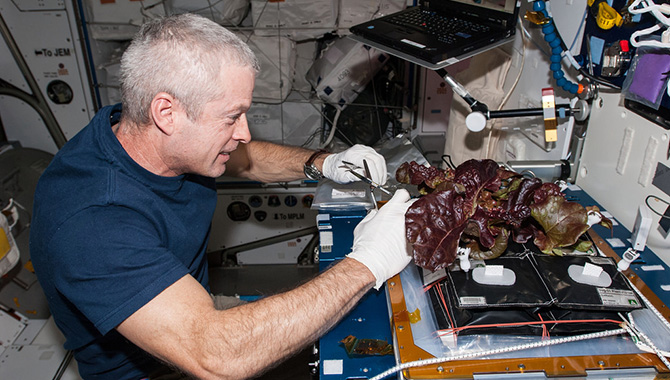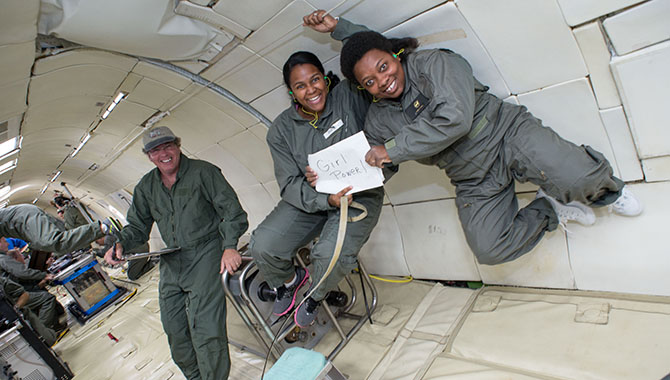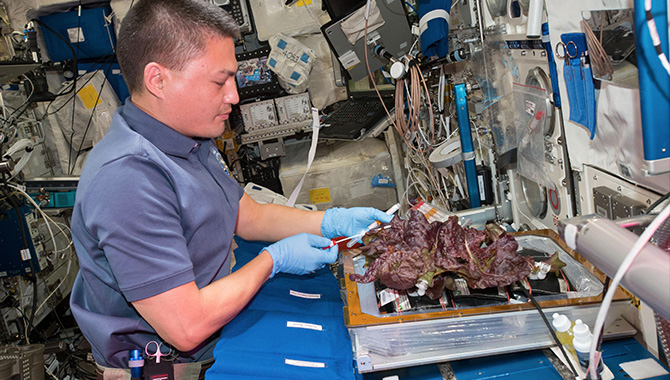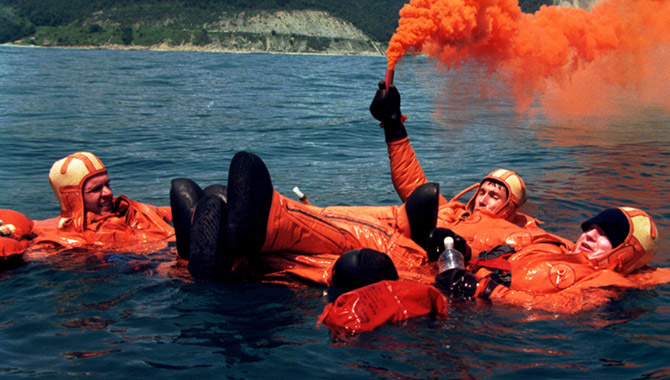
On October 30, 2000, the first International Space Station crew launched from the Baikonur Cosmodrome, kicking off a 13-year streak of human presence in space that continues to this day.
Construction of the International Space Station’s (ISS) started in 1998, when the first two modules—Zarya and Unity—were launched and joined in orbit. Two years later, astronaut Bill Shepherd and cosmonauts Yuri Gidzenko and Sergei Krikalev served as the “shake down” (or initial) crew of the ISS on Expedition One.
Launched on a Soyuz rocket, the crew docked with the ISS on November 1, 2000, and stayed for a total of 136 days. During the expedition, the crew’s activities involved conducting science experiments, assembling the space station, and enhancing their living and working quarters. Three space shuttle missions visited the station during the expedition, delivering supplies, equipment such as the solar arrays, and the Destiny module to the space station.
On March 10, 2001, Space Shuttle Discovery delivered the Expedition Two crew, relieving Shepherd, Gidzenko, and Krikalev. As the crew prepared to depart eight days later, Discovery Commander Jim Wetherbee said, “For Captain Shepherd and his crew, we hold you in admiration as we prepare to bring you home. This has been an arduous duty for you. This ship was not built in a safe harbor. It was built on the high seas.”
The crew returned safely to Earth on March 21, 2001.
Learn more about APPEL’s International Project Management course.
Read an interview with Lynn Cline about the ISS and international collaboration.
The first International Space Station crew, from left Soyuz Commander Yuri Gidzenko, Flight Engineer Sergei Krikalev and International Space Station Commander Bill Shepherd, practice water survival skills in the Black Sea recently. The skills would be needed in the event a Soyuz spacecraft landed in the water rather than on land as is normal. The crew is scheduled to launch to the new station in January 1999 aboard a Russian Soyuz spacecraft.
Photo Credit: NASA






